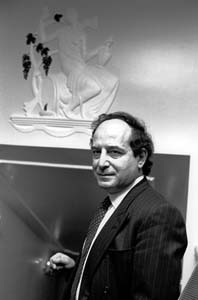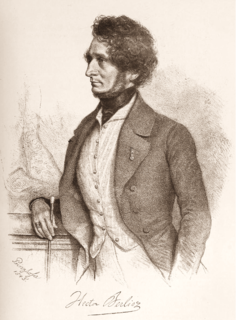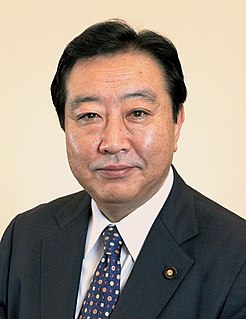A Quote by Andrei Tarkovsky
An artist needs knowledge and the power of observation only so that he can tell from what he is abstaining, and to be sure that his abstention will not appear artificial or false.
Quote Topics
Related Quotes
The monster does not need the hero. it is the hero who needs him for his very existence. When the hero confronts the monster, he has yet neither power nor knowledge, the monster is his secret father who will invest him with a power and knowledge that can belong to one man only, and that only the monster can give.
There is no learned man but will confess be hath much profited by reading controversies,--his senses awakened, his judgment sharpened, and the truth which he holds firmly established. If then it be profitable for him to read, why should it not at least be tolerable and free for his adversary to write? In logic they teach that contraries laid together, more evidently appear; it follows then, that all controversy being permitted, falsehood will appear more false, and truth the more true; which must needs conduce much to the general confirmation of an implicit truth.
In the popular arena, one can tell ... that the average man ... imagines that an industrious acquisition of particulars will render him a man of knowledge. With what pathetic trust does he recite his facts! He has been told that knowledge is power, and knowledge consists of a great many small things.
I found myself desiring and knowing less and less, until I could say in utter astonishment: "I know nothing, I want nothing." Earlier I was sure of so many things, now I am sure of nothing. But I feel I have lost nothing by not knowing, because all my knowledge was false. My not knowing was in itself knowledge of the fact that all my knowledge is ignorance, that "I do not know" is the only true statement the mind can make....I do not claim to know what you do not. In fact, I know much less than you do.
I can only tell you the kind of power I want, which is the power to persuade. But I do not want the power to tell other people what to do. Persuade assumes that the other person is going to make the decision. Especially as a writer and an activist, I want the power to put ideas and possibilities out there, but I understand that they will only work if they are freely chosen, so I don't want the power to dictate or to force the choice, ever.
We should not be content to say that power has a need for such-and-such a discovery, such-and-such a form of knowledge, but we should add that the exercise of power itself creates and causes to emerge new objects of knowledge and accumulates new bodies of information. ... The exercise of power perpetually creates knowledge and, conversely, knowledge constantly induces effects of power. ... It is not possible for power to be exercised without knowledge, it is impossible for knowledge not to engender power.
A man's knowledge may be said to be mature, in other words, when it has reached the most complete state of perfection to which he, as an individual, is capable of bringing it, when an exact correspondence is established between the whole of his abstract ideas and the things he has actually perceived for himself. His will mean that each of his abstract ideas rests, directly or indirectly, upon a basis of observation, which alone endows it with any real value; and also that he is able to place every observation he makes under the right abstract idea which belongs to it.
To behold, is not necessary to observe, and the power of comparing and combining is only to be obtained by education. It is much to be regretted that habits of exact observation are not cultivated in our schools; to this deficiency may be traced much of the fallacious reasoning, the false philosophy which prevails.
If human life is in fact ordered by a beneficent being whose knowledge of our real needs and of the way in which they can be satisfied infinitely exceeds our own, we must expect a priori that his operations will often appear to us far from beneficent and far from wise, and that it will be our highest prudence to give him our confidence in spite of this.






































